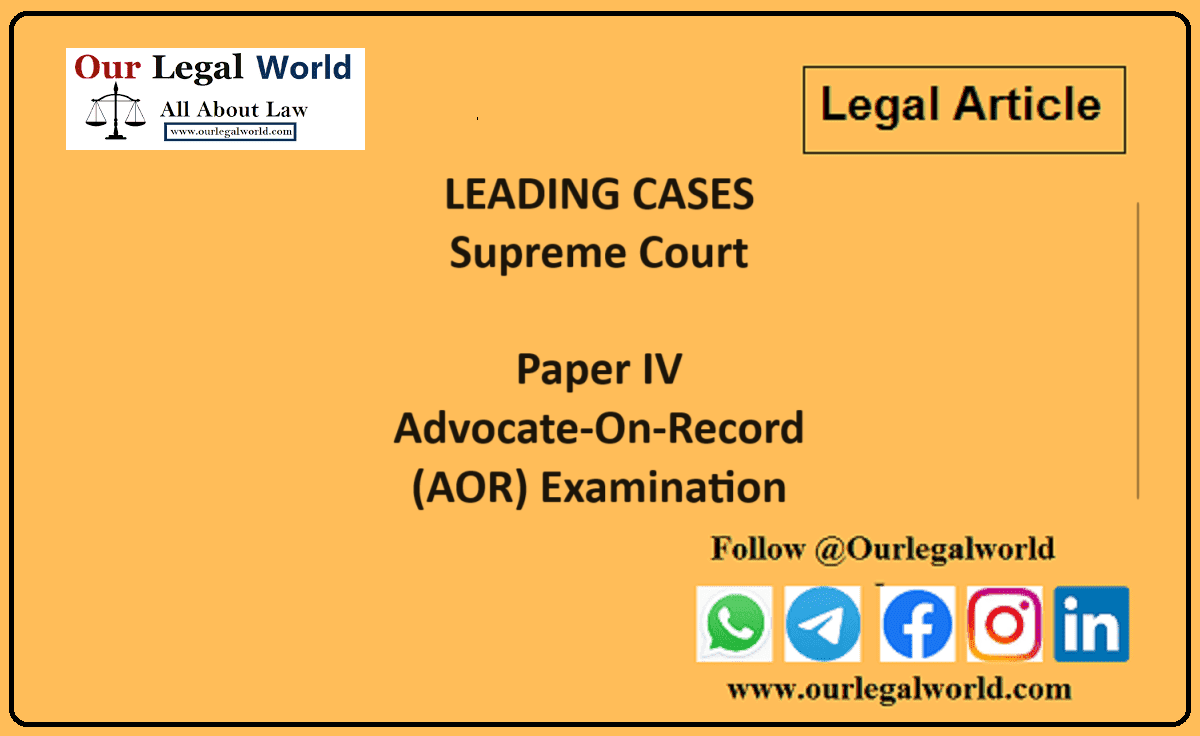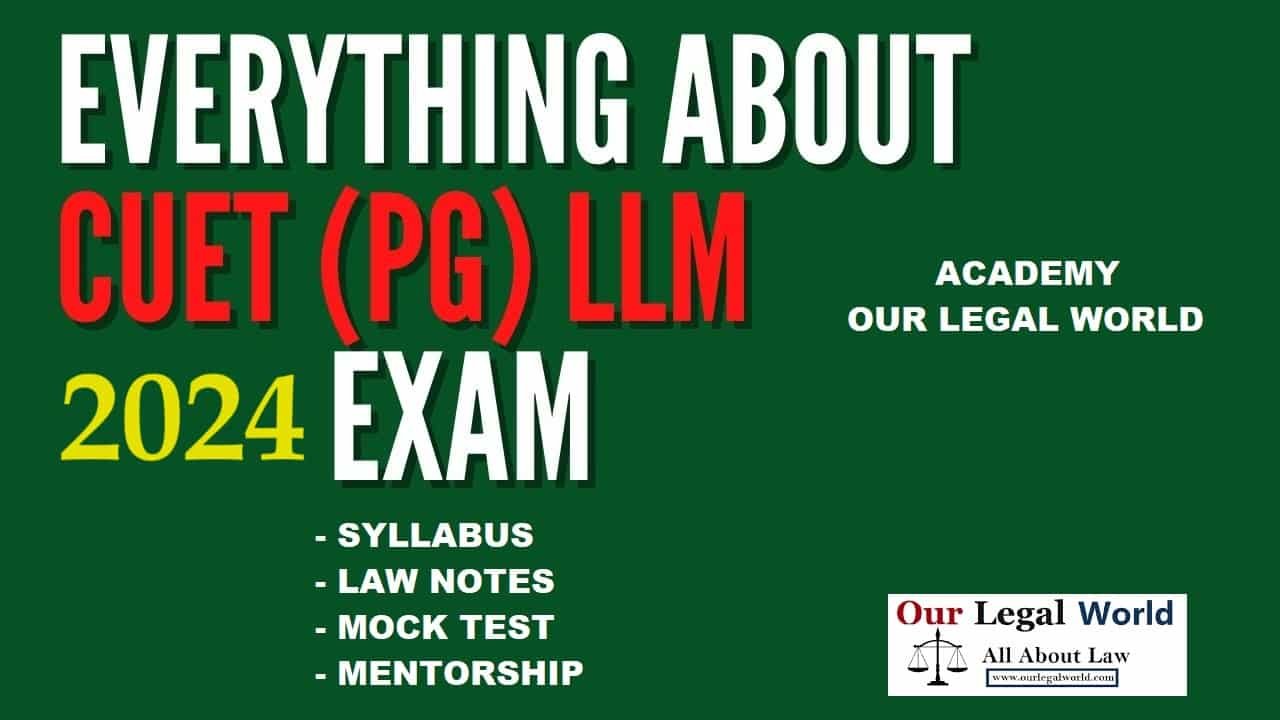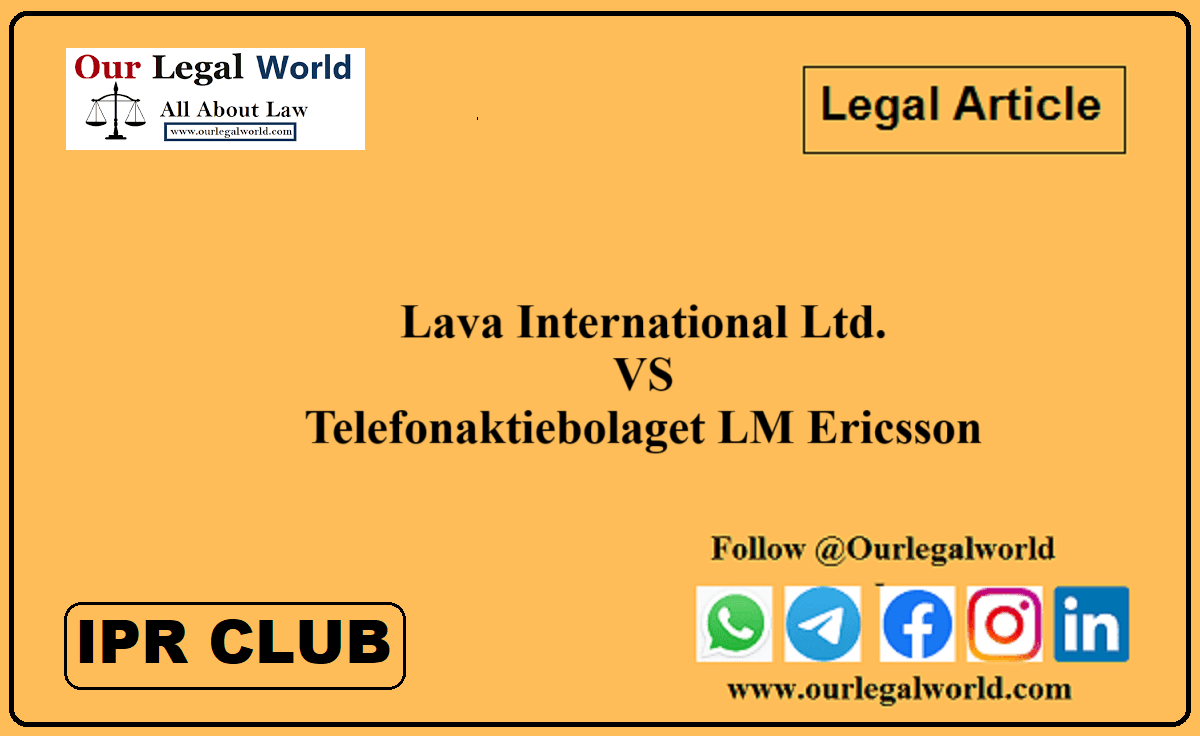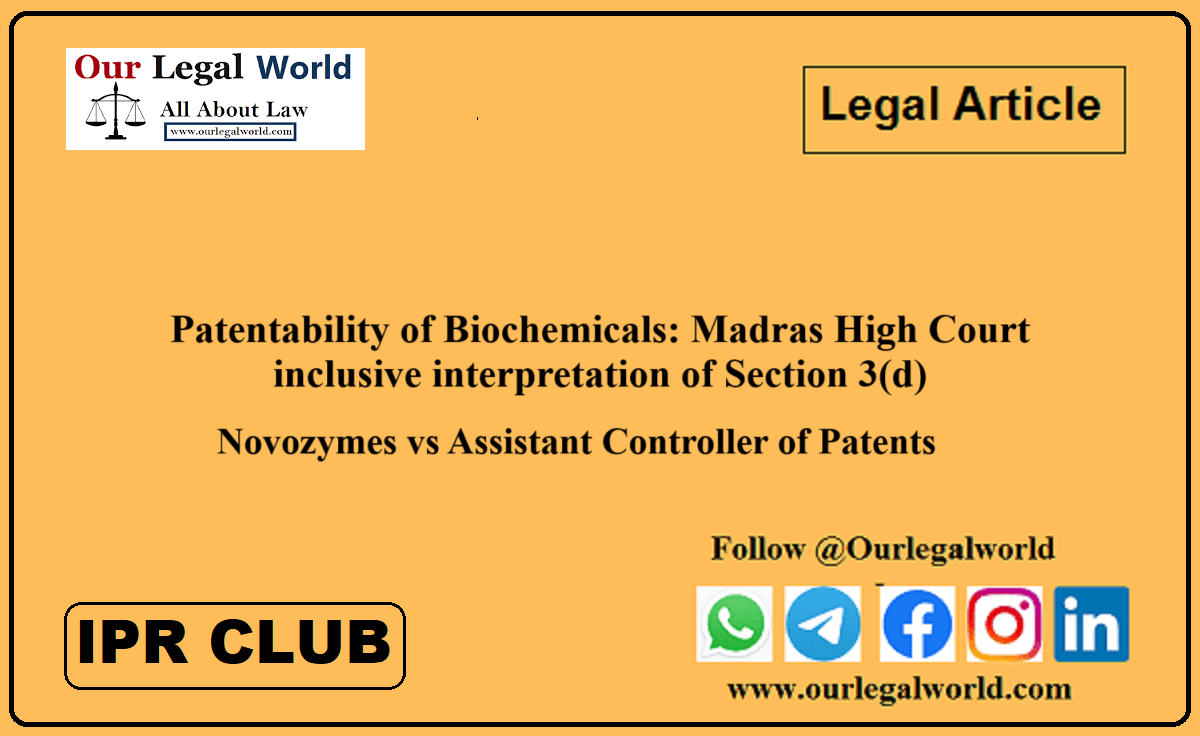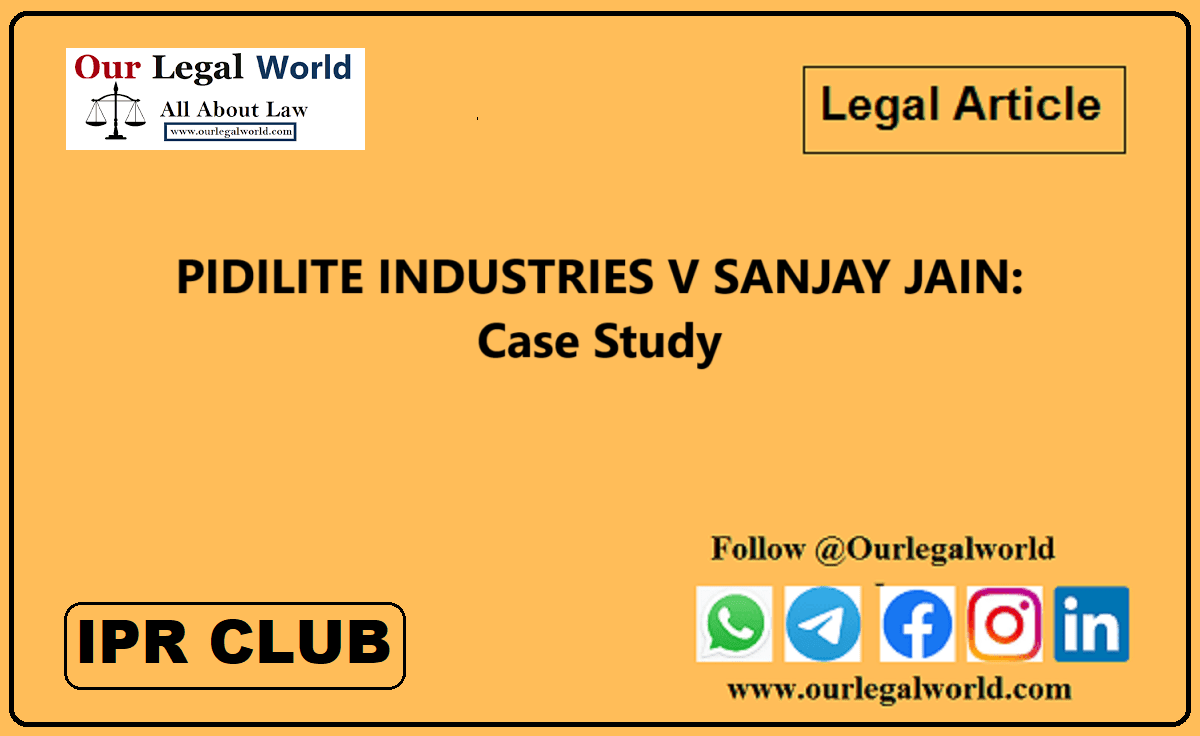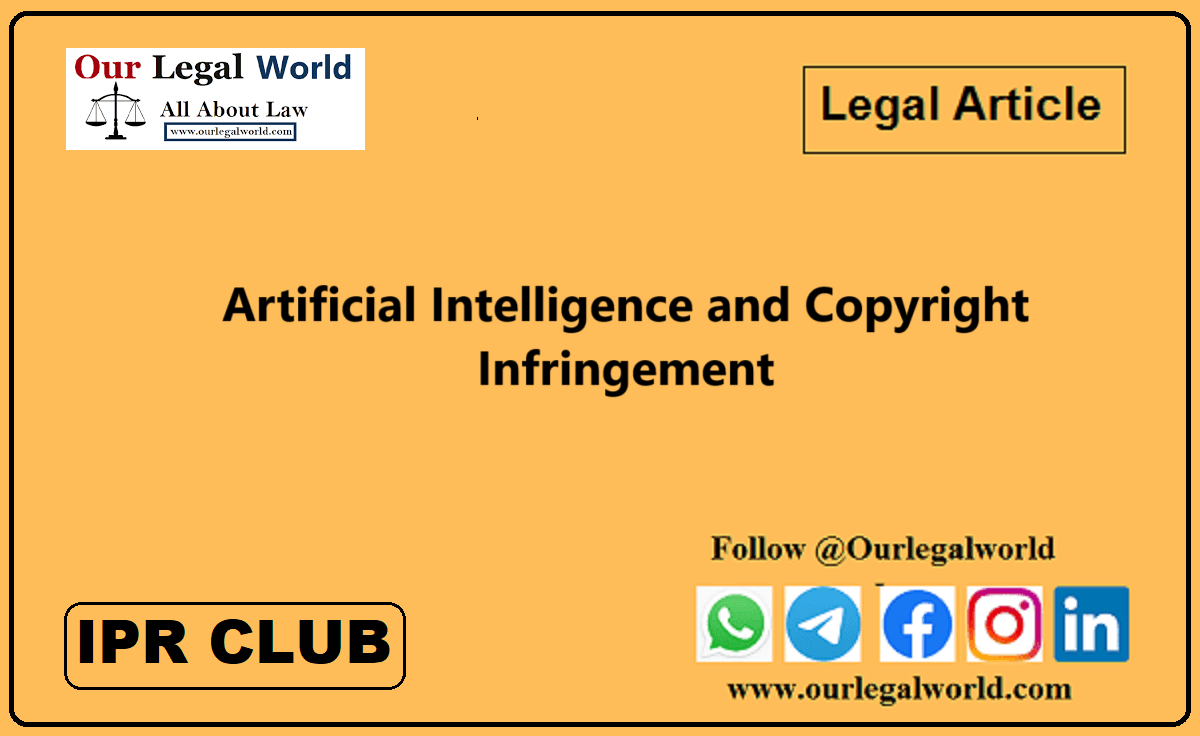Quasi Contract under Section 68 to 72 of the Contract Act Meaning
There are many situations in which law as well as justice require that a certain person be required to conform to an obligation, although he has neither broken any contract nor committed any tort[1].
The term ‘Quasi’ means pseudo. Quasi means almost or apparently but not really and an agreement enforceable by law is Contract. A quasi contract is a contract that is created by a court order, not by an agreement made by the parties to the contract[2] or to prevent unjust enrichment it is an obligation imposed by law.
In other words, it is a contact created by the court when there is no official agreement exists between the respective parties, and there is a dispute over payments for goods or services. Courts in these cases create quasi contracts to prevent unjust enrichment.
Example of quasi contract: By mistake Yug leaves his eyeglasses at Avi’s house, here Avi has quasi-contractual obligation to return it to Yug.
Theory of unjust enrichment
A general equitable principle that no person should be allowed to profit at another’s expense without making restitution for the reasonable value of any property, services, or other benefits that have been unfairly received and retained[3] i.e. if a person has gained benefit from other person thereby causing loss to the other person, then in such case, equal to the amount of benefit, the person who has gained is required to reimburse to that particular person. Also, according to Black’s Law dictionary, the retention of a benefit conferred by anyone without offering any compensation in such circumstances where compensation is to be reasonably expected is unjust enrichment.
Kinds of Quasi Contract
Chapter V of the Indian Contract Act, 1872 deals with quasi contract under the heading “Of certain relations resembling those created by contract”. Section 68 to 72 provide for five kinds of quasi contractual obligation which are as follows:
Section 68: Supply of necessaries
Where necessaries are supplied to a person who in incompetent to contract like a lunatic or a minor or to someone whom he is legally bound to support, then, the supplier get reimbursement from the property of the incompetent person.
Illustration: John is a lunatic person and Jack supplies to John with necessaries suitable to his condition in life. In this case Jack is entitled to be reimbursed from John’s property.
Section 69: Payment by interested person
When a person is bound by law to pay money but on his behalf other person who is interested in the payment pays that money, then he is entitled to reimbursement by the other person.
In East India Transport Agency v. Oriental Insurance Co Ltd[4], where good was sent by the consigner through a carrier and the same was looted enroute. The insurer paid the entire amount of the damage to the consignee. It was held that the insurer is entitled on the basis of the letter of subrogation issued by the consignee to the insurer to recover reimbursement from the carrier.
Section 70: Liability to pay for non-gratuitous acts
This section creates liability to pay for the benefits of an act which the doer did not intend to do gratuitously[5] i.e. when a person without intending to do gratuitously for another person, lawfully does something like if he delivers goods or service and benefit of the delivery of that goods or services enjoys by the other person , the latter is bound to make compensation to the former. Gratuitous act means an act which is intended to be free.
In Bihar Nurses Registration Council v. Harendra Prasad Sinha[6], when employees rendered his services, then an employer is bound to pay for their services.
Section 71: Finder of goods
When a person who find goods that belong to the other person and take the same into his own custody, then he is subject to the same responsibility as a bailee i.e. the responsibility of finder of good is that he has to take care that good as he will take care of his own goods with much care.
Section 72: Mistake or coercion
When payments made or anything delivered to other person by mistake or under coercion, then he is liable to repay or return it.
Illustration: A and B jointly owe 100 rupees to C. A alone pays the amount to C, and B, not knowing this fact, pays 100 rupees over again to C. C is bound to repay or return it[7].
In Tilokchand Motichand v. Commissioner of Sales Tax[8], the Supreme court clarified the ‘mistake’ word scope.
In the case of Sri Shiba Prasad Singh v. Maharaja Srish Chandra Nandi[9], the money paid under mistake and even that mistake is of fact or law, the money is recoverable.
Conclusion
Quasi Contract are not contracts but they are obligations and it is also known as a constructive or implied-in-law contract. Chapter V of Contract Act covers the contractual obligations under the heading “Of certain relations resembling those created by contract”. The principle of Unjust Enrichment is the basis for the foundation of quasi contract.
Also Read: Lalman Shukla v. Gauri Dutt
References
- [1] Avtar Singh, Contract & Specific Relief, Page- 582, 12th Edition, EBC Publishing (P) Ltd.
- [2] https://legaldictionary.net/quasi-contract/
- [3] https://legal-dictionary.thefreedictionary.com/unjust+enrichment
- [4] AIR 2014 NOC 456 (Chh)
- [5] Avtar Singh, Contract & Specific Relief, Page- 564, 12th Edition, EBC Publishing (P) Ltd.
- [6] (1991) 1 PLJR 114: (1991) 2 BLJR 1222
- [7] Avtar Singh, Contract & Specific Relief, Page- 574, 12th Edition, EBC Publishing (P) Ltd.
- [8] 1970 AIR 898
- [9] (1950) 52 BOMLR 1
Edited by Ankita Roy

